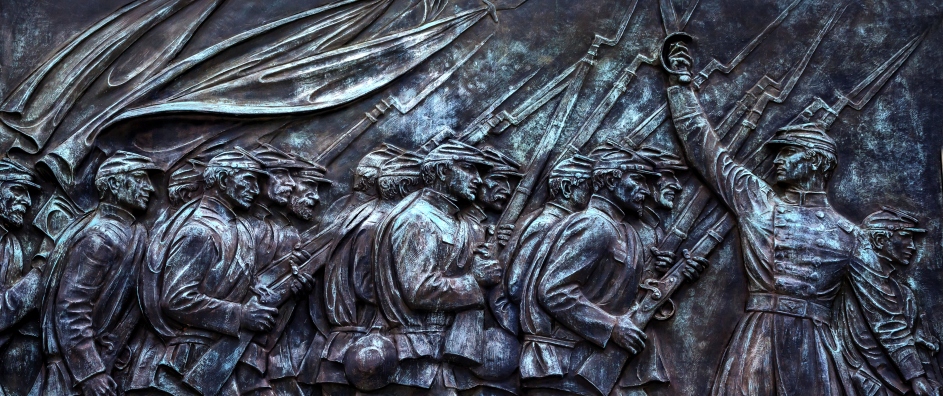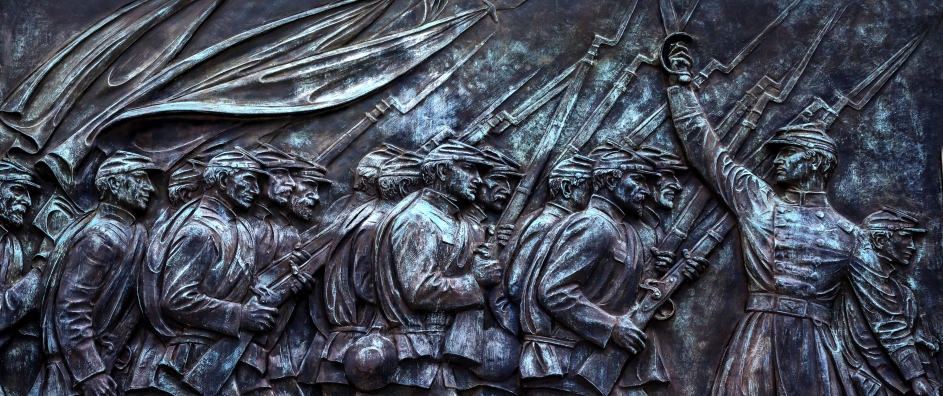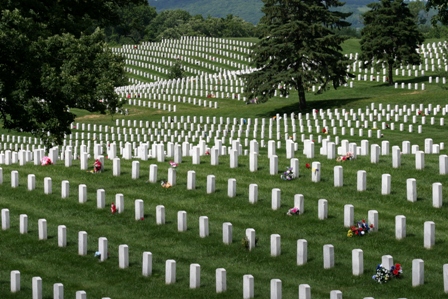The views expressed in our content reflect individual perspectives and do not represent the authoritative views of the Baha'i Faith.
 Many Baha’is around the world work in war-torn or so-called “fragile” states, trying to build peace and spiritual societies out of the destruction and pain that violent conflict brings. These Baha’is want to do what they can to help, inspired and impelled by Baha’u’llah’s definition of what it means to be a Baha’i: To know and to love God and to carry forth an ever-advancing civilization.
Many Baha’is around the world work in war-torn or so-called “fragile” states, trying to build peace and spiritual societies out of the destruction and pain that violent conflict brings. These Baha’is want to do what they can to help, inspired and impelled by Baha’u’llah’s definition of what it means to be a Baha’i: To know and to love God and to carry forth an ever-advancing civilization.
Out of the planet’s 200+ nations, the World Bank and others have identified about 50 fragile states. These countries, at the low end of the UN’s Human Development Index, are home to over one billion people. Poor and often badly- or barely-governed, these states have problems that affect the entire world. Some of these problems are internally-generated, while others result from external forces, often emanating from established industrialized democracies. Afghanistan, for example, where the attacks of 9/11 were planned, produces about ninety percent of the world’s opium, much of which is turned into heroin that supplies a demand in Europe. Others are breeding grounds for pandemics or bases for international criminal networks, just a few of the many global impacts of state fragility.
I have learned much from years of work in these countries, from contemporary scholarly and practice-based analysis of the nature and causes of fragility, and from the Writings of the Baha’i Faith and reflection on the activities of the global Baha’i community.
Baha’u’llah says:
“Immerse yourselves in the ocean of My words, that ye may unravel its secrets, and discover all the pearls of wisdom that lie hid in its depths” – Gleanings, p. 136.
In the generation and application of knowledge in development work, as with the ocean of Baha’u’llah’s teachings, there are few options other than to dive right in, see what there is to see and to try to make some sense of what is going on — and to attempt to capture some of this and share it in a form that can be used by others. That’s what many of us Baha’is who work in international development have been doing these past several years in fragile states like Afghanistan, Iraq, Yemen, Bangladesh, Nepal, Cambodia and elsewhere.
One of the better known fragile-state scholars — Paul Collier, who wrote The Bottom Billion — describes four “traps” that limit improvement in the conditions of countries that are home to about one-sixth of the world’s population. These traps are (in my words):
 being landlocked with bad neighbors,
being landlocked with bad neighbors,- poor governance,
- the state’s reliance on natural resource revenues as its major source of income rather than taxes from a diversified economy, and
- civil unrest.
Most of the 50 or so fragile states are caught in some or all of these traps, many of which are not of their own making.
The Baha’i Writings, likewise, provide an abundance of relevant information on what causes fragile states – especially Baha’u’llah’s comments on the factors that are revolutionizing mankind’s ordered life (Gleanings, p.136) and Shoghi Effendi’s statement about
“the mighty wind of God invading the remotest and fairest regions of the earth, rocking its foundations, deranging its equilibrium,” (The Promised Day is Come, p. 3).
General Systems Theory and some forms of Complexity Theory echo these Baha’i concepts, particularly in relation to the increasing permeability of the various types of boundaries that previously held different parts of the human family in their relatively separate geographic, cultural and economic sub-systems. Those boundaries have broken down, enabling peoples and influences to flow more freely across the face of the earth. The opening of these boundaries – which Baha’is believe comes directly from the influence of Baha’u’llah’s revelation and its primary theme of world unification – has created turbulent and unpredictable changes in humanity’s patterns of social organization, upending the established order. As we seek to establish a new dynamic equilibrium in a single world-embracing system, these words of Baha’u’llah explain the upheaval we see in so many of the world’s cultures and nations:
I testify that no sooner had the First Word proceeded, through the potency of Thy will and purpose, out of His mouth, and the First Call gone forth from His lips than the whole creation was revolutionized, and all that are in the heavens and all that are on earth were stirred to the depths. Through that Word the realities of all created things were shaken, were divided, separated, scattered, combined and reunited, disclosing, in both the contingent world and the heavenly kingdom, entities of a new creation, and revealing, in the unseen realms, the signs and tokens of Thy unity and oneness. – Prayers and Meditations, p. 295.
The spiritual, economic and social causes of fragile states all lead us to one elemental point: as individuals, what can we do to help?
Please follow along in this series of essays as we try to answer that incredibly important question.
Read the next article in the series: Does the “Aid Industry” Work?
You May Also Like
Comments


















I would say: "Many Baha’is around the world were born and live in war-torn or so-called fragile” states".
I know several Baha'is who live in Angola, Mozambique and Guinea-Bissau. They face many difficulties. But they strive to present their communities as a model for the development of their countries. Because they believe in the healing word of Baha'u'llah.